Trump Presidency
U.S. Revokes Six Visas Over Charlie Kirk Death Amid Growing Social Media Crackdown
The revoked visas mark one of the most visible examples yet of the U.S. government’s new digital conduct policy, which permits immigration authorities to review and act on social media content deemed “anti-American” or “threatening.”
The U.S. State Department announced it has revoked the visas of six foreign nationals who made social media posts mocking or criticizing the late conservative commentator Charlie Kirk, deepening concerns over a growing crackdown on online speech under the Trump administration.
“The United States has no obligation to host foreigners who wish death on Americans,” the State Department declared in a post on X (formerly Twitter) on Tuesday evening, attaching screenshots of deleted posts from users in Argentina, Brazil, South Africa, Paraguay, and Mexico.
The announcement came just hours after Donald Trump awarded Charlie Kirk the Presidential Medal of Freedom posthumously, calling him a “martyr for truth” during a White House ceremony attended by senior administration figures.

Charlie Kirk with Donald Trump
Social Media Backlash Leads to Visa Cancellations
The revoked visas mark one of the most visible examples yet of the U.S. government’s new digital conduct policy, which permits immigration authorities to review and act on social media content deemed “anti-American” or “threatening.”
One now-banned Argentine user reportedly wrote that Kirk “devoted his entire life spreading racist, xenophobic, misogynistic rhetoric” and “deserves to burn in hell.” The State Department publicly confirmed the revocation, adding, “Visa revoked.”
The incident underscores a widening effort to police online expression, with critics warning that the line between national security and censorship is blurring.
FBI Releases Photos and Video of Suspect in Charlie Kirk Murder Case as $100K Reward Offered
A recent New York Times investigation found that over 145 individuals—both U.S. citizens and foreigners—have been fired, suspended, or forced to resign since Charlie Kirk’s assassination in September due to their online remarks about him.
Marco Rubio and Landau Lead the Crackdown
Secretary of State Marco Rubio and Deputy Secretary Christopher Landau have both defended the move. In September, Landau posted on X urging users to report visa applicants who mock or “rationalize” Kirk’s death, saying, “Please feel free to bring such comments to my attention so that the State Department can protect the American people.”
The policy is part of a broader digital vetting expansion that began in 2019, when visa applicants were first required to share their social media handles. In June 2025, the Trump administration strengthened the rule, mandating that student visa applicants make all accounts public for government review.
The United States has no obligation to host foreigners who wish death on Americans.
The State Department continues to identify visa holders who celebrated the heinous assassination of Charlie Kirk. Here are just a few examples of aliens who are no longer welcome in the U.S.:
— Department of State (@StateDept) October 14, 2025
Echoes of Previous Crackdowns
The current measures follow a pattern of restrictions targeting international students and activists who supported pro-Palestine protests on U.S. campuses earlier this year. In August, the State Department confirmed that it had revoked more than 6,000 student visas in 2025, citing violations ranging from “illegal activity” to alleged support for “terrorist groups.”
Of those, 200–300 cancellations reportedly stemmed from pro-Palestine advocacy or fundraising efforts linked to Hamas, according to a Fox News report.
View this post on Instagram
Free Speech vs. National Security
Civil liberties advocates argue that the government’s latest actions represent a dangerous precedent for how political speech is treated online. “Punishing foreigners for expressing opinions—even offensive ones—about a political figure undermines America’s global image as a defender of free expression,” one rights group said in a statement.
Still, Trump allies maintain that the U.S. is within its rights to deny entry to individuals they view as celebrating violence.
With the lines between patriotism and political loyalty increasingly blurred, the revocation of visas over Charlie Kirk’s death signals a new phase in America’s digital-era governance — where a tweet could now cost you entry to the United States.





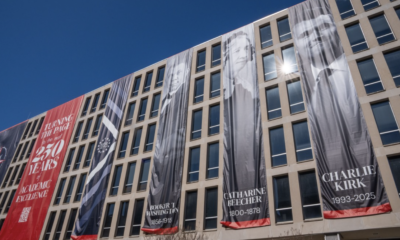





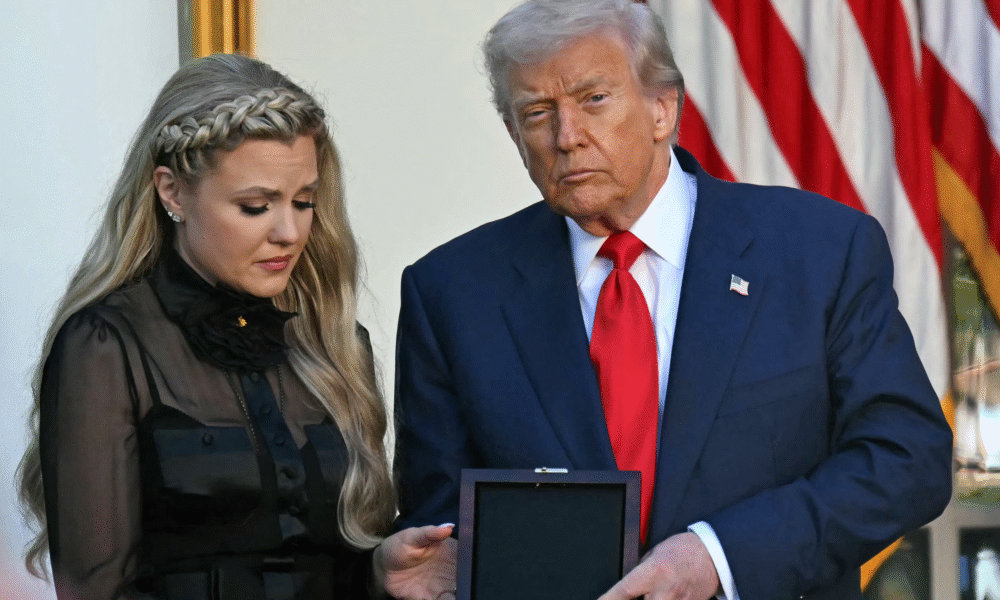

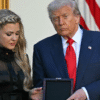

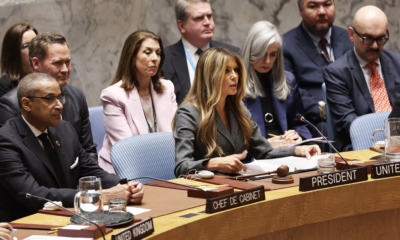



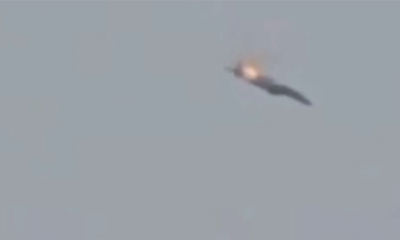





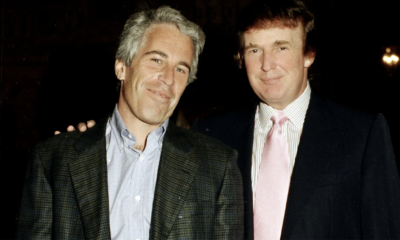

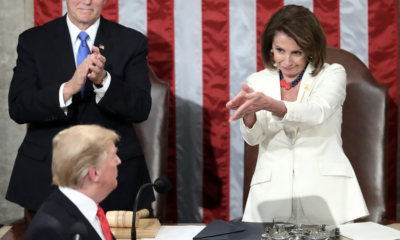

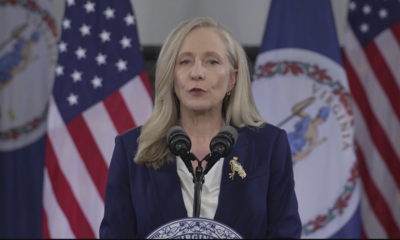


































Pingback: “I Prayed I Was Pregnant”: Erika Kirk After Charlie Kirk’s Killing
Pingback: Why Is Charlie Kirk’s Banner Outside the Department of Education?